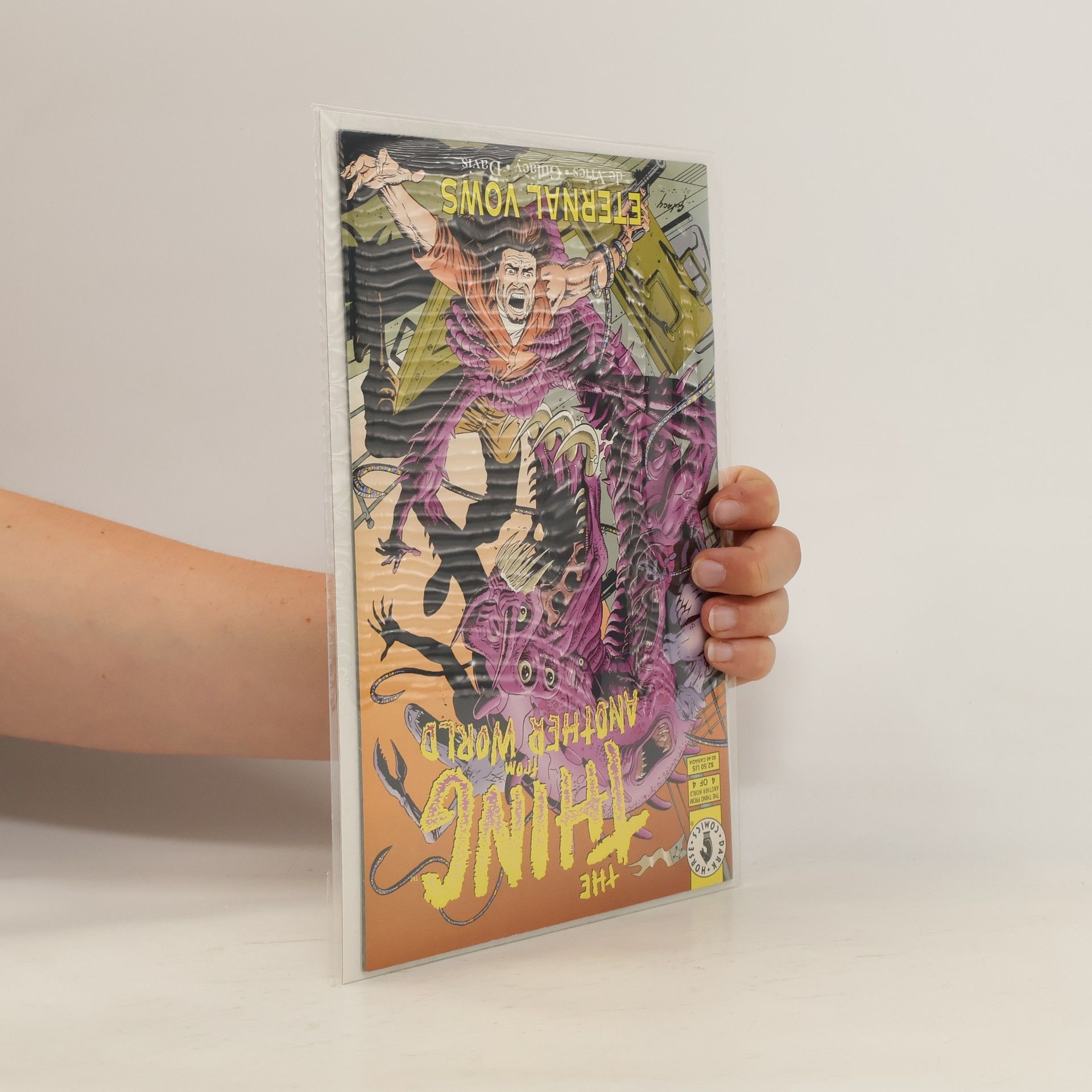The Thing from Another World 4/1994
Eternal Vows
David De Vries, professore associato presso l'Università di Tel Aviv, è uno storico sociale specializzato nella storia moderna del lavoro e delle imprese in Palestina e Israele. La sua ricerca approfondisce l'intricato sviluppo del tessuto economico e sociale della regione, esaminando in particolare le forze che hanno plasmato i movimenti sindacali e il panorama imprenditoriale. Attualmente sta esplorando la storia degli scioperi in Israele e indagando nuove prospettive sulla storia economica del Medio Oriente moderno, offrendo ai lettori approfondimenti su aspetti critici del passato della regione.


Eternal Vows
The mining of diamonds, their trading mechanisms, their financial institutions, and, not least, their cultural expressions as luxury items have engaged the work of historians, economists, social scientists, and international relations experts. Based on previously unexamined historical documents found in archives in Belgium, England, Israel, the Netherlands, and the United States, this book is the first in English to tell the story of the formation of one of the world's main strongholds of diamond production and trade in Palestine during the 1930s and 1940s. The history of the diamond-cutting industry, characterized by a long-standing Jewish presence, is discussed as a social history embedded in the international political economy of its times; the genesis of the industry in Palestine is placed on a broad continuum within the geographic and economic dislocations of Dutch, Belgian, and German diamond-cutting centers. In providing a micro-historical and interdisciplinary perspective, the story of the diamond industry in Mandate Palestine proposes a more nuanced picture of the uncritical approach to the strict boundaries of ethnic-based occupational communities. This book unravels the Middle-eastern pattern of state intervention in the empowerment of private capital and recasts this craft culture's inseparability from international politics during a period of war and transformation of empire.